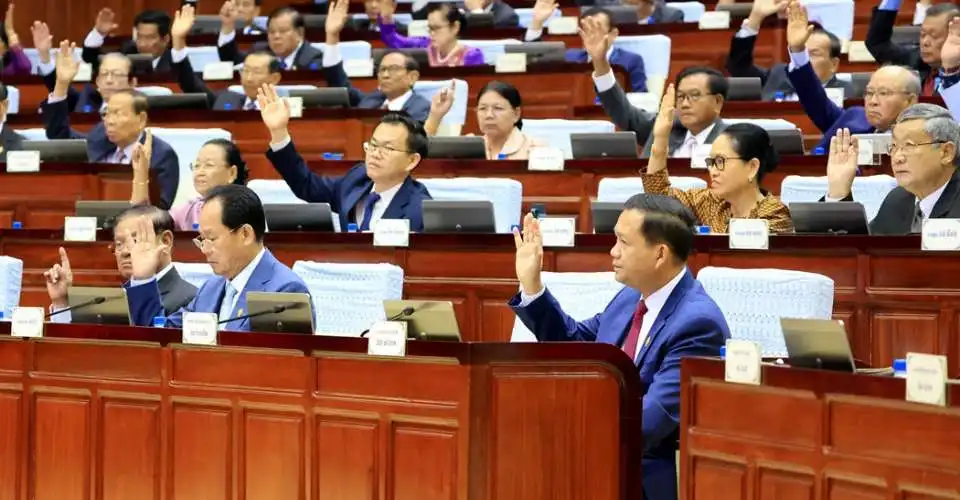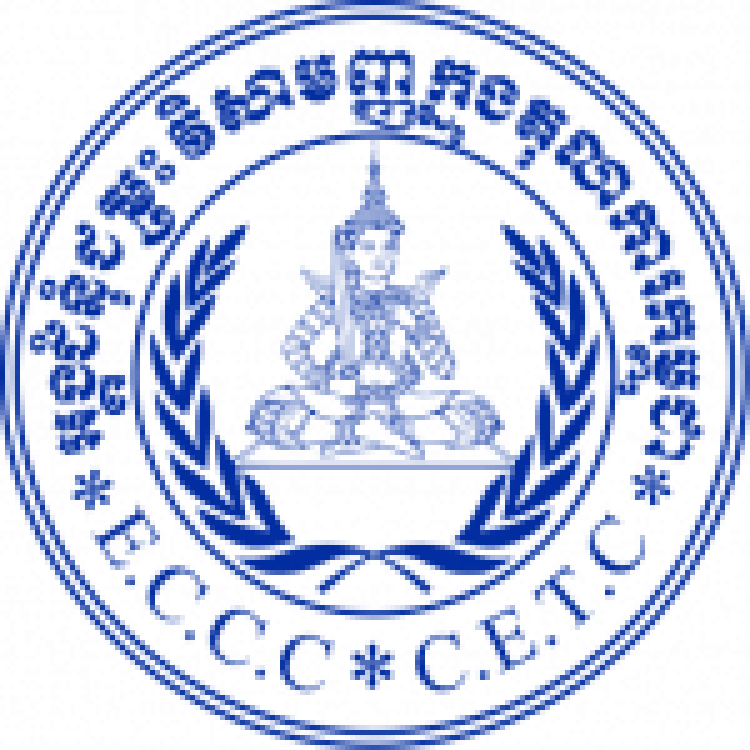
Cambodian lawmakers have unanimously approved a new bill that strengthens penalties for denying the atrocities committed under the Khmer Rouge regime. The legislation, passed last month, aims to reinforce the historical record of the genocide and provide justice for its victims.
The Cambodian National Assembly passed the seven-article bill that enhances penalties for those who refuse to acknowledge the Khmer Rouge’s crimes. The legislation stipulates that individuals found guilty of genocide denial could face up to five years in prison and fines ranging from $2,500 to $125,000.
Cambodia had previously enacted a law in 2013 criminalizing denial of Khmer Rouge atrocities. That legislation, introduced by then-Prime Minister Hun Sen, imposed lighter penalties of six months to two years in prison and fines of up to $1,000. At the time, critics argued the law was politically motivated, as Hun Sen accused opposition figures of questioning the veracity of Khmer Rouge-era atrocities. The latest law, they argue, could serve a similar function in suppressing political dissent.
The National Assembly stated that the new law is specifically designed to punish individuals who deny or dispute crimes that were legally proven by the UN-backed tribunal. Its passage comes just two months before the 50th anniversary of the Khmer Rouge's seizure of power on April 15, 1975, following years of civil war.
The bill will now go to the Senate for approval before being signed into law by King Norodom Sihamoni. Given Cambodia’s political landscape, this process is expected to be a formality. While the law is framed as a measure to preserve historical truth, human rights groups have expressed concerns that it could be used as a tool for political repression.
Hun Sen, who led Cambodia for 38 years before handing power to his son, Hun Manet, in 2023, played a key role in proposing the bill. A former Khmer Rouge commander before defecting, Hun Sen has long used the spectre of Khmer Rouge-era violence to justify his government’s crackdown on opposition groups. In May 2024, he argued that an updated genocide denial law was necessary to prevent his political opponents from instigating a “color revolution”—a reference to the popular uprisings in Ukraine and other former Soviet states—which, he claimed, could lead to another genocidal war in Cambodia.
Pol Pot’s Khmer Rouge had ruled until 1979 before an invasion from neighbouring Vietnam. His premiership resulted in the deaths of an estimated 1.7 million people due to starvation, executions, and forced labour.
See more from The Guardian here, the Independent here and the AP here.

